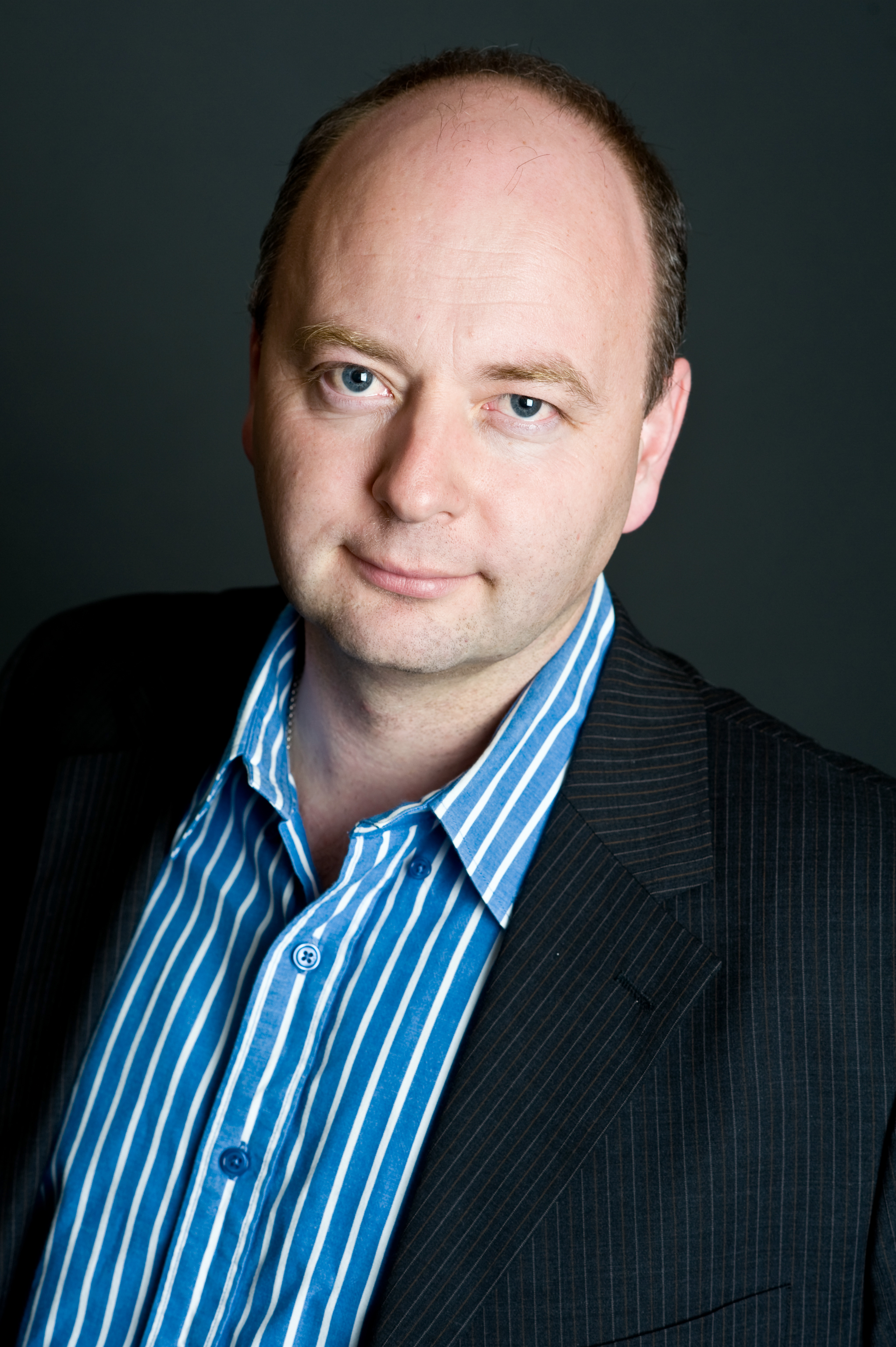USC Shoah Foundation Executive Director Stephen Smith Named UNESCO Chair on Genocide Education

Stephen Smith, executive director of USC Shoah Foundation, has been named the inaugural UNESCO Chair on Genocide Education.
USC and the United Nations Educational, Scientific and Cultural Organization (UNESCO) worked together to establish the chair. Smith will collaborate with genocide researchers and educators around the world to develop educator training and multidisciplinary programs that foster learning about the causes and effects of mass violence.
“I am a firm believer that education is the bedrock of our efforts to prevent genocide,” Smith said. “Through this partnership, USC and UNESCO are joining forces to develop the research networks and education programs essential to understand and limit genocide in future generations.”
UNESCO Director General Irina Bokova said the new position will increase awareness around the world for Holocaust and genocide studies.
“We anticipate that this new chair, placed under the leadership of Dr. Stephen Smith, will contribute to increased international cooperation on these matters by connecting with UNESCO’s network of university chairs and by supporting the activities of the organization on issues pertaining to the history of the Holocaust, genocide and to human rights,” Bokova said.
Smith will also organize international conferences, teach, and contribute to the continued study of genocide and genocide education in order to promote international dialogue and collaboration.
“Through his support of innovative technologies and academic initiatives at the USC Shoah Foundation, as well as his dedicated work in Rwanda with students aimed at overcoming prejudice and intolerance, Stephen Smith has emerged as one of the world’s leading educators in the area of human rights advocacy,” said Elizabeth Garrett, USC provost and senior vice president for academic affairs. “As the inaugural holder of the UNESCO Chair on Genocide Education, he will continue to promote UNESCO’s long-standing mission of sustaining peace across nations and cultures.”
About Stephen Smith
Dr. Stephen D. Smith, Executive Director of the USC Shoah Foundation --‐ The Institute for Visual History and Education, is committed to making the testimony of survivors of the Holocaust and of other crimes against humanity a compelling voice for education and action. His leadership at the Institute is focused on finding strategies to optimize the effectiveness of the testimonies for education, research, and advocacy purposes.
A theologian by training, Stephen has a particular interest in the impact of the Holocaust on religious and philosophical thought and practice. He wrote his dissertation on the “Trajectory of Memory,” examining how Holocaust survivor narrative — and in particular, visual history — has developed over time and shapes the way in which the implications of the Holocaust are understood. He founded the UK Holocaust Centre in Nottinghamshire, England and cofounded the Aegis Trust for the prevention of crimes against humanity and genocide. He was also the inaugural Chairman of the Holocaust Memorial Day Trust, which runs the National Holocaust Memorial Day in the United Kingdom.
Stephen is involved in memorial projects around the world. He is the executive producer of Kwibuka 20, the 20th anniversary commemoration of the Rwanda Genocide to be held in 2014. He is currently a delegate of the International Holocaust Remembrance Alliance. He was the project director responsible for the creation of the Kigali Genocide Memorial Centre in Rwanda and trustee of the South Africa Holocaust and Genocide Foundation.
As an international speaker, Stephen lectures widely on issues relating to the history and collective response to the Holocaust, genocide, and crimes against humanity. His publications include Never Again! Yet Again!: A Personal Struggle with the Holocaust and Genocide and The Holocaust and the Christian World. In recognition of his work, Stephen has become a member of the Order of the British Empire and received the Interfaith Gold Medallion. He also holds two honorary doctorates, Honorary Doctor of Letters from Nottingham Trent University and Honorary Doctor of Laws from University of Leicester.